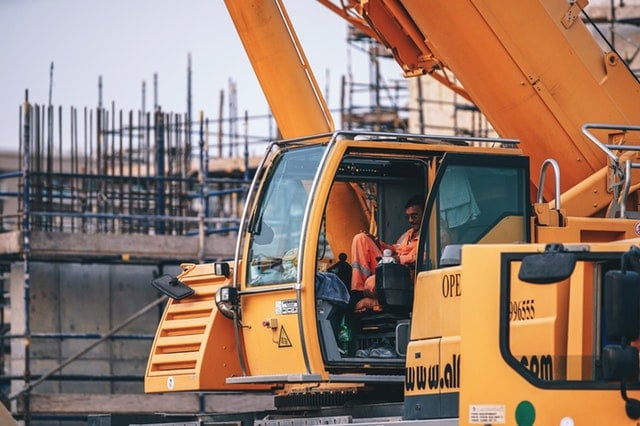Excessive noise can put your health and well-being in danger, according to the World Health Organization, American Speech-Language-Hearing Association and even the U.S. Census Bureau. So what constitutes excessive?
Noise Pollution

Excessive noise, also called noise pollution, is the unwanted or disturbing sounds all around us. Typically, they are caused by construction equipment and transportation, both public (buses, trains, boats, etc.) and individual (car, truck, motorcycle, etc.).
The noise levels in cities is higher than more rural areas. Experts estimate that the background noise in cities measures around 55 to 67 decibels (dB). This is the same volume as the hum of an air conditioner. While the general rule of thumb is that anything over 85 dB can cause damage, sounds under that threshold are not always fine. New studies have found that exposure to sounds measuring 65 dB and above can cause an increase in:
- Blood pressure
- Heart rate
- Stress hormones
A study published in 2017 found that city residents actually have noticeable levels of hearing loss. Their hearing loss registered at what it should have been if they were 20 years older.
In addition, the National Institute on Deafness and Other Communication Disorders (NIDCD) found that nearly 24 percent of Americans aged 20 to 69 have hearing loss caused by exposure to excessive noise.
Can You Fight Noise Pollution?
Alright, now that we have established the dangers of noise pollution you are probably asking yourself what can be done about it. The same thought came to Ted Rueter, who in 2001 founded Noise Free America. The organization’s mission is to educate the public about noise pollution.
How You Can Help
Below are some ways you can help curb the problem of noise pollution.
Join the Community
If you are interested in helping to spread the word about the dangers of noise pollution, your Louisville audiologist recommends signing up for Noise Free America’s updates and alerts. They can help you find volunteer opportunities within your community, as well as research or lobbying efforts.
You can also contact your local, state or national representatives to ask for more legislation for anti-noise ordinances.
Get in the Know
To learn more, Noise Free America has a 67-page manual that can be downloaded for free off their website. This document contains a lot of helpful information, including:
- How to identify noise pollution
- Why it is harmful to your health
- How to start a local chapter
- How to fight noise in your community
- Quiet alternatives to noise-making products
- Suggestions on wording for petitions and letters to representatives
Practice What You Preach
It is important to not be a hypocrite. If you ask your friends, family and neighbors to keep the noise down, it is imperative that you do the same. You should use quieter alternatives whenever possible and monitor your outdoor lawn equipment usage.
Seeing that you can take the lessons from the noise free movement and easily implement them in your life can show others that it is possible to do the same themselves.
For more information about preventing noise pollution, contact your Louisville audiologist today.